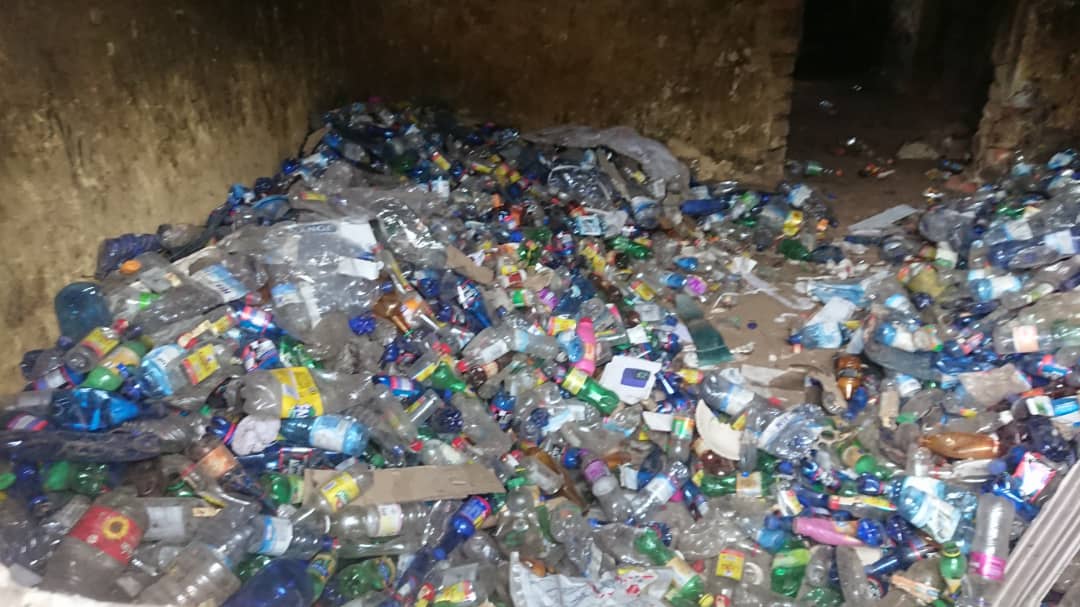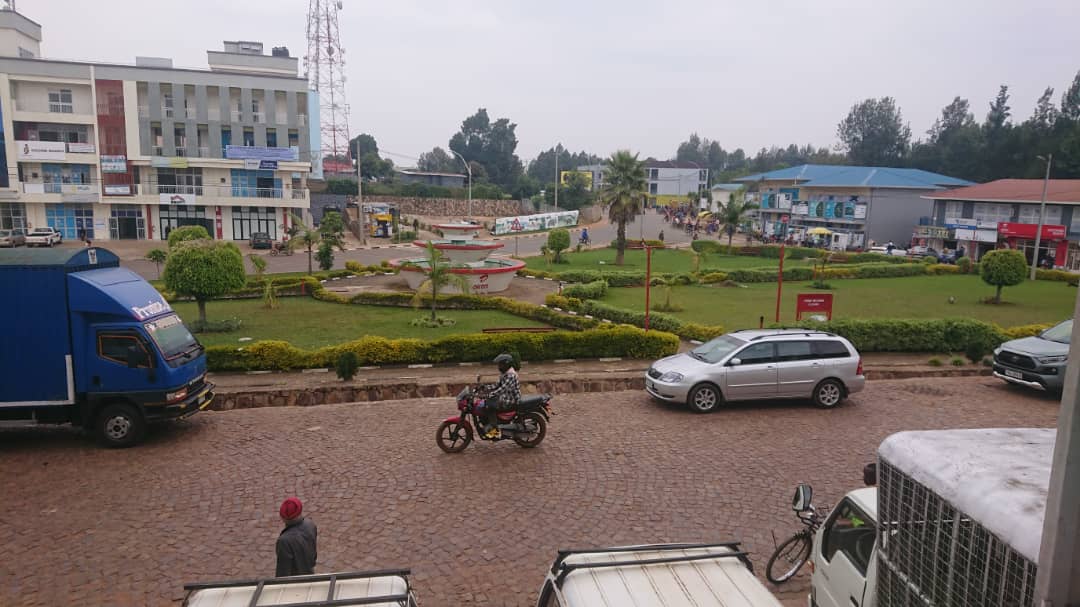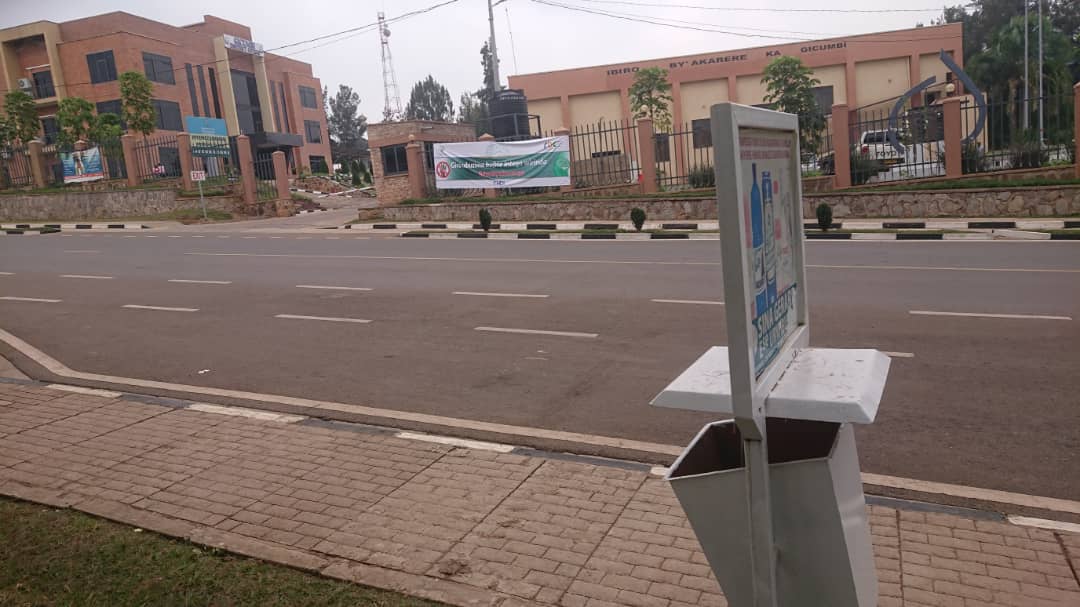Ending plastic pollution: How Gicumbi Is transforming waste disposal practices
What happened for the people of Gicumbi District to become aware of the dangers of indiscriminately disposing of plastic materials?
Residents now acknowledge that although plastic bags and other non-biodegradable materials are widely used, they significantly harm the environment.
The people of this district do not hesitate to describe the tough journey they went through to instill hygiene not only personal hygiene but also cleanliness in public areas. What began as a health-sector-led awareness campaign evolved into a community-wide movement promoting hygiene as the foundation of health and well-being.
This difficult journey involved strong engagement from local authorities, active involvement from partners, and the commitment of volunteers mostly youth who contributed to changing community mindsets.
Some people previously believed that hygiene was a luxury reserved for the wealthy or the urban elite. However, this narrative has changed, thanks to community education on the environmental impact of throwing used water bottles on roadsides. Today, many residents carry their trash,such as empty juice bottles,in their bags until they find designated waste bins, now placed along roads in various sectors.
Locals who spoke to Green Africa emphasized that educating residents about hygiene required significant effort. In the past, poor hygiene in this district had led to widespread jigger infestations, dirty clothing, and a general lack of sanitation. Some residents even believed that diseases like jiggers were due to illness and not poor hygiene.
Yvonne Nyirarukundo, a resident of Byumba sector, shared:
“It really took a lot of effort because our town was previously filthy. People would finish eating corn or drinking juice or water and just throw the bottle wherever they were.”
She added:
“But now, some people even keep trash in their cars. And those who haven’t yet fully embraced it, you’ll find them hesitating before throwing a bottle into a drainage ditch because they’re worried someone might see them. These will also eventually be fully sensitized.”
Another resident, Ngerero Twasima, said: “We were fortunate to be supported by the Green Gicumbi project, which focuses on environmental protection. They taught us that dumping plastic and other non-degradable waste damages the soil and the atmosphere.”
“We learned about harmful chemicals in plastics and how they degrade the land. Many of us now understand how to separate biodegradable waste from non-biodegradable, and you can clearly see a change in mindset not just in Byumba town, but also in rural sectors.”
The Gicumbi District leadership says the region must shed its past image of being unhygienic and embrace a cleaner, more dignified identity.
Mayor Emmanuel Nzabonimpa stated:
“We want Gicumbi to continue being a beacon of cleanliness. But this requires everyone’s collaboration. We no longer want to see people throwing bottles everywhere. Even in non-urban sectors, this should be the standard.”
“We don’t want to hear about parents preparing meals in unsanitary conditions, which leads to hygiene-related illnesses. Gicumbi should thrive because of us. Let’s work together to promote hygiene until it becomes our culture, so that even our visitors find a clean and healthy community.”
Among the initiatives undertaken in the district are:
Installing roadside bins for bottles and plastic waste
Educating people to make plate racks for drying clean dishes
Promoting environmental care through the Green Gicumbi partnership, which helped shift community perceptions
Combating child malnutrition by preparing clean and nutritious meals
Providing training on balanced diets
Gicumbi was once known for jigger infestations linked to poor hygiene. But through collaboration with local health officials and community health workers, the problem has been tackled. Some residents with jiggers were treated, and in extreme cases, people found in extremely poor hygiene were even taken for washing and hygiene training,initiatives aimed at changing behaviors and eradicating unhygienic practices across Northern Province sectors.




